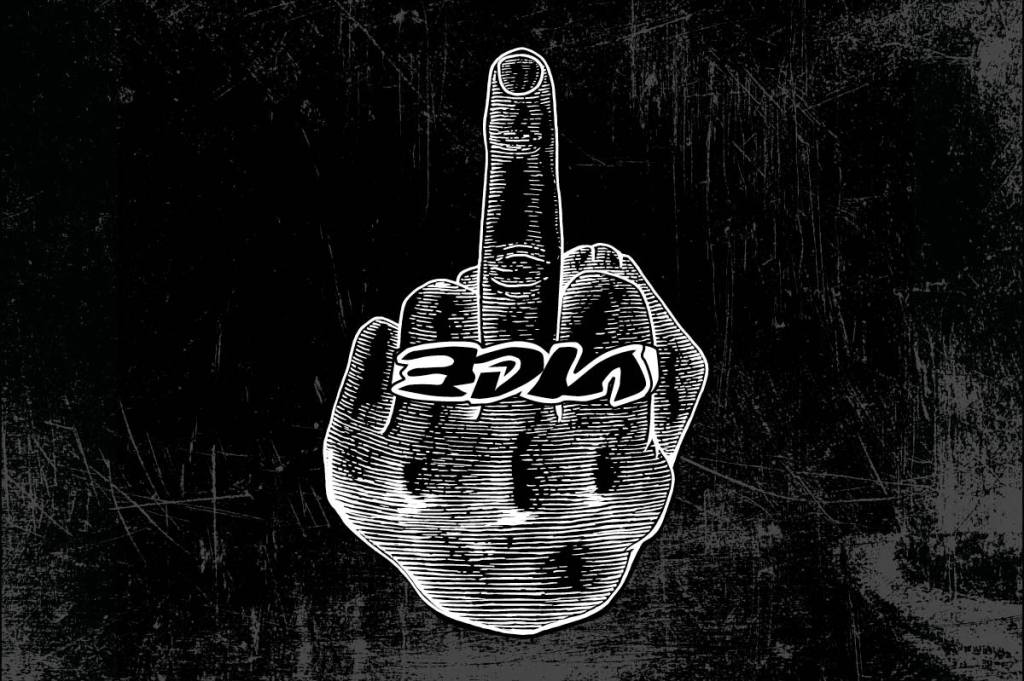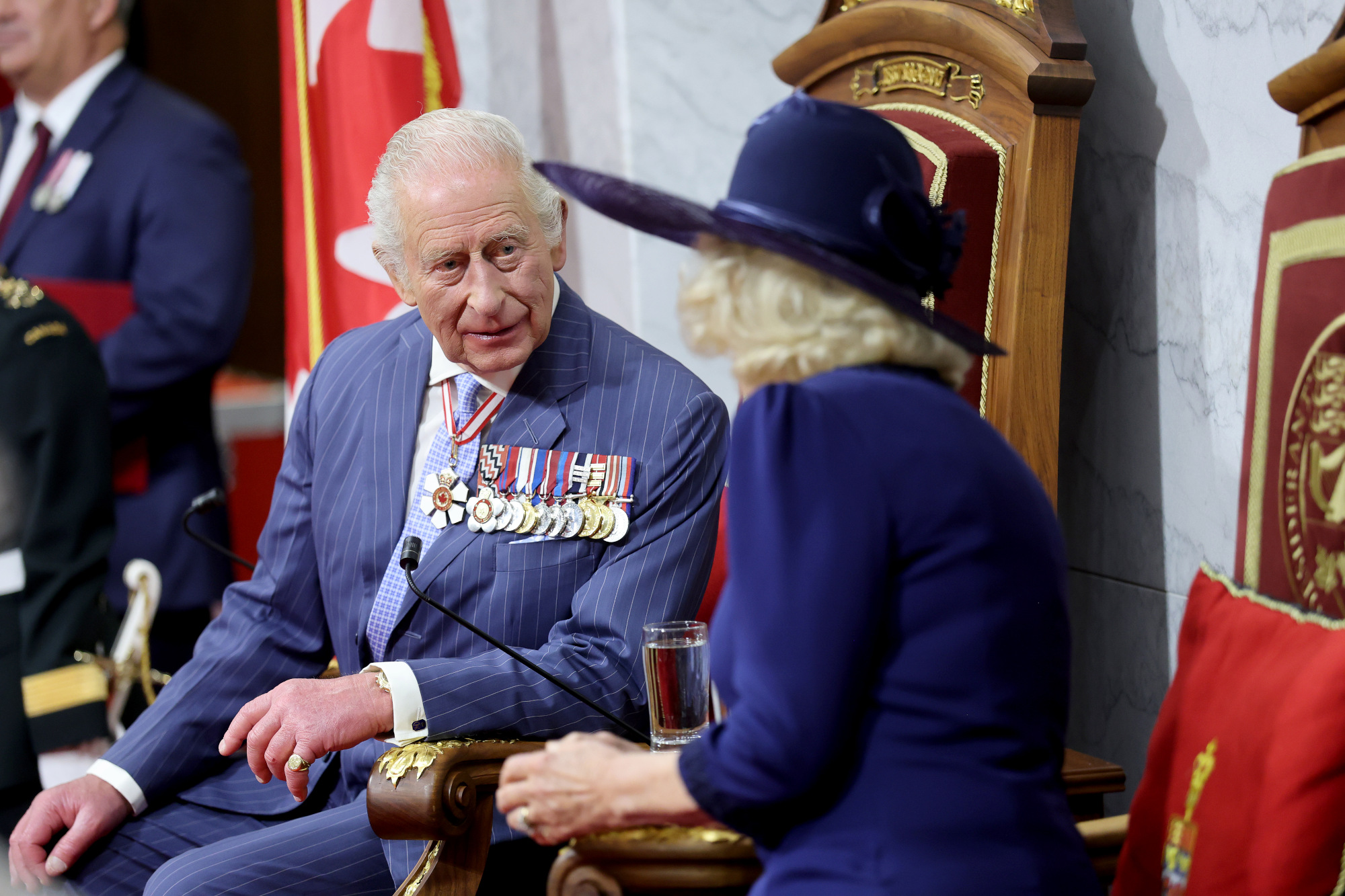Last week I was at a writers’ party in Miami, a city at the cutting edge of tech, finance, the creator economy and nightlife. Naturally the writers were talking about themselves. I asked someone what he would do if he didn’t have to worry about pageviews or proprietors or the other pressing concerns of the modern media. “Think VICE, when it was good,” he replied.
To me, VICE when it was good is the girl’s bum on the fiction issue from 2008. It’s Michael Moynihan’s raspy voice reporting from South Korea. It’s the floppy hair of the one super-hot reporter I knew that smoked filterless roll-ups.
VICE was where the cool kids at the back of the bus would grow up to write, the place that you would daydream about working for as a young reporter. On May 1, when the New York Times reported that VICE was preparing to file for bankruptcy after culling what seemed like most of their workforce, the survivors voiced their dismay at the eulogies that followed. I get it: it’s like sitting in the living room when your parents are planning your old dog’s last day at the park. But while I’m sorry for their loss, the end of VICE is worthy of scrutiny. The publication had a wilder ride in the last two decades than any of its rivals ever will.
Once valued at $5.7 billion, VICE has failed to find a buyer for a fraction of that price. Investors and creditors who recently loaned the company $250 million are looking to grab back as much as they can. As VICE themselves might put it: they’re really, really fucked.
For the unenlightened, VICE was co-founded in 1994 by three punk Canadians called Shane Smith, Suroosh Alvi and Gavin McInnes. Three decades later, Smith has gained and lost a billion dollars and then in 2018 stepped down as CEO after a New York Times investigation found settlements involving allegations of sexual harassment or defamation against VICE employees. Smith and Alvi in a joint statement admitted that under their eye, “Cultural elements from our past, dysfunction and mismanagement were allowed to flourish unchecked,” which included a “detrimental ‘boys’ club’ culture that fostered inappropriate behavior that permeated throughout the company.” Think Mad Men except with dirtbags who need a good wash. You’ll notice I don’t mention the third co-founder — that’s because Gavin McInnes left VICE in 2008, went far-right and founded the Proud Boys, many of whom are currently under investigation for storming the Capitol on January 6. He believes that western women having abortions is leading to a white genocide. The less said about him the better.
But all its baggage, VICE was chic. It was the first publication to crack the world of online video in the 2000s and 2010s. Rolling Stone magazine once summarized VICE’s TV series as if“your buddy from the bar just happened to be wandering through eastern Afghanistan with a camera crew.” It gained advertising and sponsorship revenues from companies targeting a younger demographic who could no longer be reached through television. It taught an entire generation how to have sex. Or good sex, at least, by writing about it incessantly. It was the perfect platform for its time. I’m not defending the boys’ club culture, but if I were, I’d say that having a fling with a colleague and overhearing risqué jokes from the office fascist is part and parcel of a newsroom. If you think VICE is bad, wait until you hear about Hollywood — or the Catholic church.
A stint at VICE was coveted by a generation of journalists. A friend of mine who interned there after begging every member of staff he could find to let him in described it to me as “the Wild West of internships.” “Some of them would be paid in concert tickets, but it didn’t matter, because at VICE you were like the coolest kids in the school,” he said.
My friend was later hired in 2018. Just a year later, he was let go: his team was fired with no notice because someone higher up forgot they existed. “There was a yearly restructure and just before it in late 2018 our team was moved upstairs. Because of the move and the fact that the global head of content, Alex Miller, couldn’t see us anymore, he just forgot to include us in the quota,” he explained. “The head of editorial sat us down and apologized and said there was nothing they could do, and we packed up our desks.”
He wasn’t bitter about it; VICE had already lost most of its edge by then. A pissed-off employee who was let go last week called me and said: “Isn’t it ironic that the publication famous for not following the norm, for sending young reporters into warzones, has now turned more corporate than the mainstream media?” Another ex-employee, fired last week after ten years of service at the company, told me that “VICE lost its edge when it became obsessed with the numbers. We had a daily quota of stories to write and were constantly reminded of how many clicks we were getting per article. When your focus is on how much you put out, not what you put out, it’s a matter of time before the whole thing blows up.”
But it wasn’t always so bureaucratic. The same friend that was accidentally fired looks back fondly on how he was first hired by the company. “There was no application. It was only when I got there and had to fill in a form to get my lunch paid back that they asked, ‘have you made a mistake on your birthday? You’re fifteen.’ I told them I hadn’t and that I was in fact fifteen. Their reply was, “Oh, OK. Well, you’re here anyway.”
That lackadaisical charm added to the trendiness of VICE. They didn’t follow the rules and they didn’t care who knew — how else would they get the scoop on a Liberian cannibal warlord or do a trip to a North Korean labor camp? Yet somewhere along the way they stopped caring about what made them unique and they morphed into another predictable progressive outlet. At the party last week someone described VICE as “the Guardian in a pair of Vans.” While I don’t fully agree that wokeism is the sole reason for their downfall — although headlines such as “What Is Ethical Porn? How to Jerk Off Responsibly” might convince me otherwise — it certainly didn’t help.
When it comes to wokeness, VICE was playing catch-up. A senior editor at another failed online outlet recalls a meeting in the mid-2010s in VICE’s new offices: “They were in the process of moving from north Williamsburg to south. Their new office had a large garden with a waterfront view of the Manhattan skyline, for their staff to go outside and smoke and drink in. Inside they had a wall displaying all their magazine covers from the last few years. I looked closer: ‘Isn’t that…?’ I said, pointing at one featuring the recently canceled sex-pest photographer Terry Richardson. One of the senior editors showing us around immediately became flustered: ‘Uhhh, yeah we’ll probably be taking that one down.’” The magazine that never cared about anything had started caring.
While it’s inevitable that the media landscape will change as drastically as it did during VICE’s life in the next thirty years, there will still be little parts of VICE that seep through. I still look at girl’s bums, for example. Some magazines still show them in the name of something called body positivity. I still listen to Michael Moynihan’s raspy voice, but I do it when I listen to his podcast that’s recorded in New York rather than South Korea. I still know some reporters who have floppy hair. But as for VICE, it’s no more: a smoke plume dissipating over the East River from a cigarette butt stubbed out on the concrete.


















